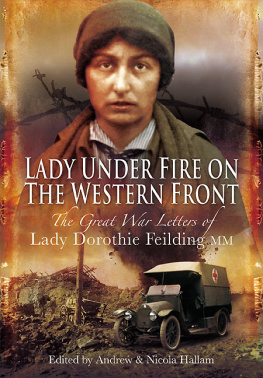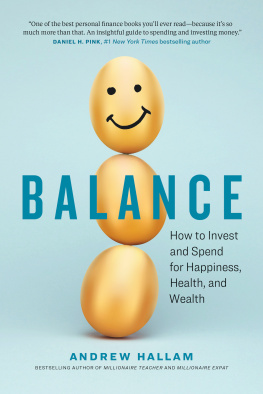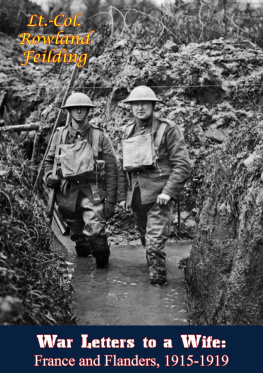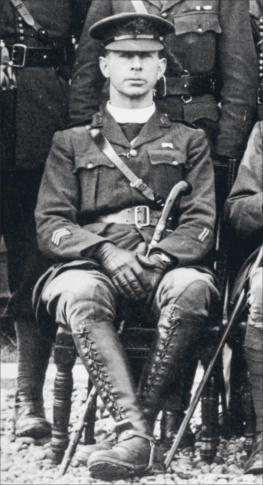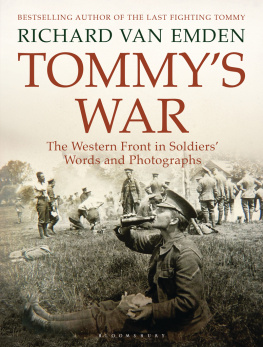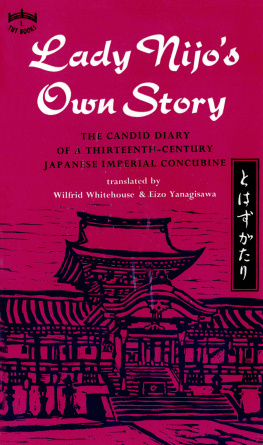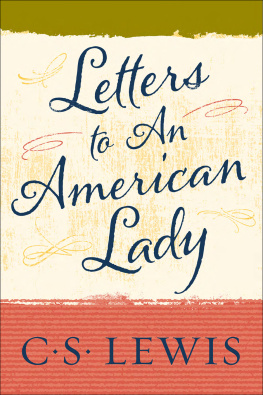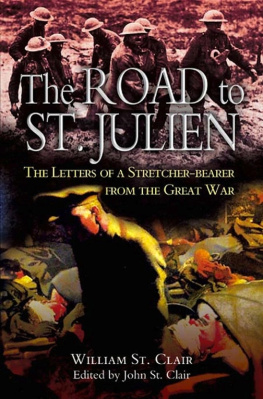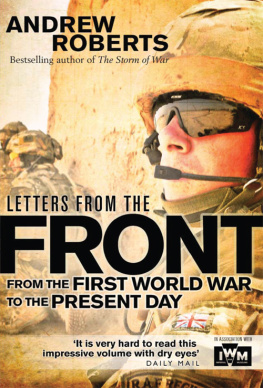

First published in Great Britain in 2010 by
Pen & Sword Military
An imprint of
Pen & Sword Books Ltd
47 Church Street
Barnsley
South Yorkshire
S70 2AS
Copyright Andrew and Nicola Hallam 2010
ISBN 978 1 84884 322 6
ePUB ISBN: 9781844682140
PRC ISBN: 9781844682157
The right of Andrew and Nicola Hallam to be identified as Author of this work has
been asserted by them in accordance with the Copyright, Designs and Patents Act
1988.
A CIP catalogue record for this book is
available from the British Library
All rights reserved. No part of this book may be reproduced or transmitted in any
form or by any means, electronic or mechanical including photocopying, recording
or by any information storage and retrieval system, without permission from the
Publisher in writing.
Typeset by Acredula
Printed and bound in England
By MPG
Pen & Sword Books Ltd incorporates the Imprints of Pen & Sword Aviation,
Pen & Sword Family History, Pen & Sword Maritime, Pen & Sword Military,
Wharncliffe Local History, Pen & Sword Select, Pen & Sword Military Classics,
Leo Cooper, Remember When, Seaforth Publishing and Frontline Publishing
For a complete list of Pen & Sword titles please contact
PEN & SWORD BOOKS LIMITED
47 Church Street, Barnsley, South Yorkshire, S70 2AS, England
E-mail:
Website: www.pen-and-sword.co.uk
Contents
Preface
I was sitting at an open window [in Calais] when I saw a lady's face in the street. The last time I had seen it was in an old English mansion, filled with many gallant and gentle ghosts of history, and with laughing girls who went scampering out to a game of tennis on the lawn below the terrace from which a scent of roses and climbing plants was wafted up on the drowsy air of an English summer. It was strange to see one of those girls in Calais, where such a different game was being played. She had a gravity in her eyes which I had not seen before in England, and yet, afterwards, I heard her laughter ring out within a little distance of bursting shells.
Philip Gibbs, Soul of War, 1915
The lady that Gibbs describes meeting was Lady Dorothie Feilding, the daughter of the 9th Earl of Denbigh. Only twenty-four years old when the First World War broke out, and with three brothers already in the services, she had seized the opportunity to be useful. After a short training course at St Cross Hospital in Rugby, she joined the Munro Ambulance Corps to drive ambulances in Belgium. She would go on to be the first woman to be awarded the Military Medal for bravery in the field, in addition to receiving two further medals from Belgium and France.
Dorothie was born on 6 October 1889 at Newnham Paddox, in Warwickshire, the ancestral home of the Feilding family since 1433. In her letters the affection between the Feildings is obvious and this manifests itself in a proliferation of nicknames; so the Earl and Countess of Denbigh and their children Rudolph, Hugh, Mary, Dorothie, Agnes, Marjorie, Henry, Clare, Elizabeth and Victoria become Da, Ma, Rollo/Tubby, Hughie/Neb, Moll, Diddles/Dodo, Agger, Marjie, Peter, Squeaker, Betty and Taffy. In fact, Dorothie had nicknames for most things including her hot water bottle (Jim), her ambulance (Daniel) and even for period pain (Tonks).
She spent almost three years at the Belgian front, with periods of leave ranging from a few days to several weeks. Warwickshire County Record Office holds some 400 letters, postcards and telegrams that she sent home during this period. She wrote almost daily, especially early in the war, from short notes to long epistles. All her letters were handwritten she sometimes wrote on any bits of paper that came to hand and with whatever writing instrument she could find: pens of varying quality that she sometimes curses in her writing, but most often in pencil, which means, sadly, the letters are slowly fading with time. Along with photographs and other reminiscences by Dorothie, these make up a small part of the vast Feilding collection.
Once our transcription of her correspondence was complete, it became apparent that we would have to make some changes for the collection to be more readable.
We have edited the collection down and, although some letters are here in their entirety, others, such as short telegrams detailing arrival and departure times, and duplicate letters to both mother and father, have been removed altogether.
The dates of her letters are occasionally a bit vague, understandably so considering that she was so busy and working at night a lot of the time. We have arranged the letters in the most sensible order and clarified the dates where necessary.
We have corrected her erratic spelling and punctuation but have left the words that she has purposefully misspelled, for example, diskivered and anyfink. She was a fluent French speaker and often lapsed into that language. We have translated the larger paragraphs but have left the single words such as bless for wounded and obus for shell.
Her letters are largely uncensored as she often either sent them via people she knew were heading back to England, or through friends she made amongst the officer class. Occasionally, though, some were censored and large chunks cut out, much to her indignation.
Also, we believe that Dorothie censored her own letters after the war, or when home on leave. Some bear her writing in pencil with amended dates, often incorrect, others refer to letters in which she had been angry or rude to her mother and, while these were clearly received at Newnham, they were not amongst the letters that remain. There are no letters in the collection between February and April 1916. Although she did have a period of leave it is not clear what has happened to these letters, if even there ever were any. It seems unlikely that Dorothie would have gone for such a long period without writing.
Dorothies letters provide a fascinating insight into life at the front line, right at the heart and pulse of things: dodging shells and misogynist officers; healing the sick and easing the passing of the dying; driving ambulances in the dark with no lights; dealing with fleas and marriage proposals; and just living from one moment to the next. While she downplayed her experiences and her role, it is clear that she must have had not only some terrifying moments but also, especially at the beginning, lived in some uncomfortable circumstances. We have included excerpts from other sources official newspaper reporters such as Philip Gibbs and fellow ambulance workers such as Mr Gleason to illustrate more fully some of the events.
Her early letters are full of wonder and excitement, and packed with detail. This enthusiasm inevitably fades over time and the details of what is happening lessen. Sometimes she only makes passing mention of the war and describes such jolly times that it is easy to forget that this was going on against a backdrop of artillery bombardments and the daily horrors of looking for wounded.
Excerpts from letters by and about Dorothie Feilding and related photographs reproduced by kind permission of the Warwickshire County Record Office.
Dramatis Personae
DOROTHIES PARENTS:
| Mrs Ma/Commandant | Cecilia Mary Feilding (ne Clifford), Countess of Denbigh |
| Mr Da | Rudolph Robert Basil Aloysius Feilding, 9th Earl of Denbigh |
SIBLINGS (IN ORDER OF AGE):
Next page
